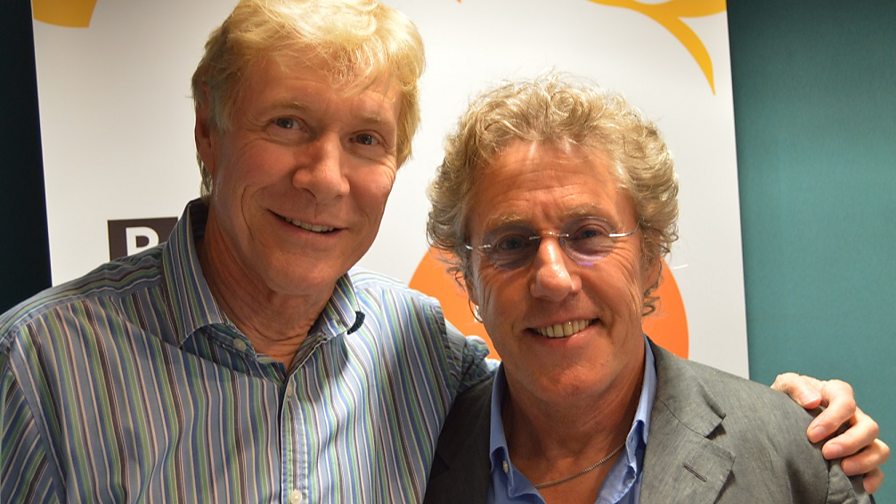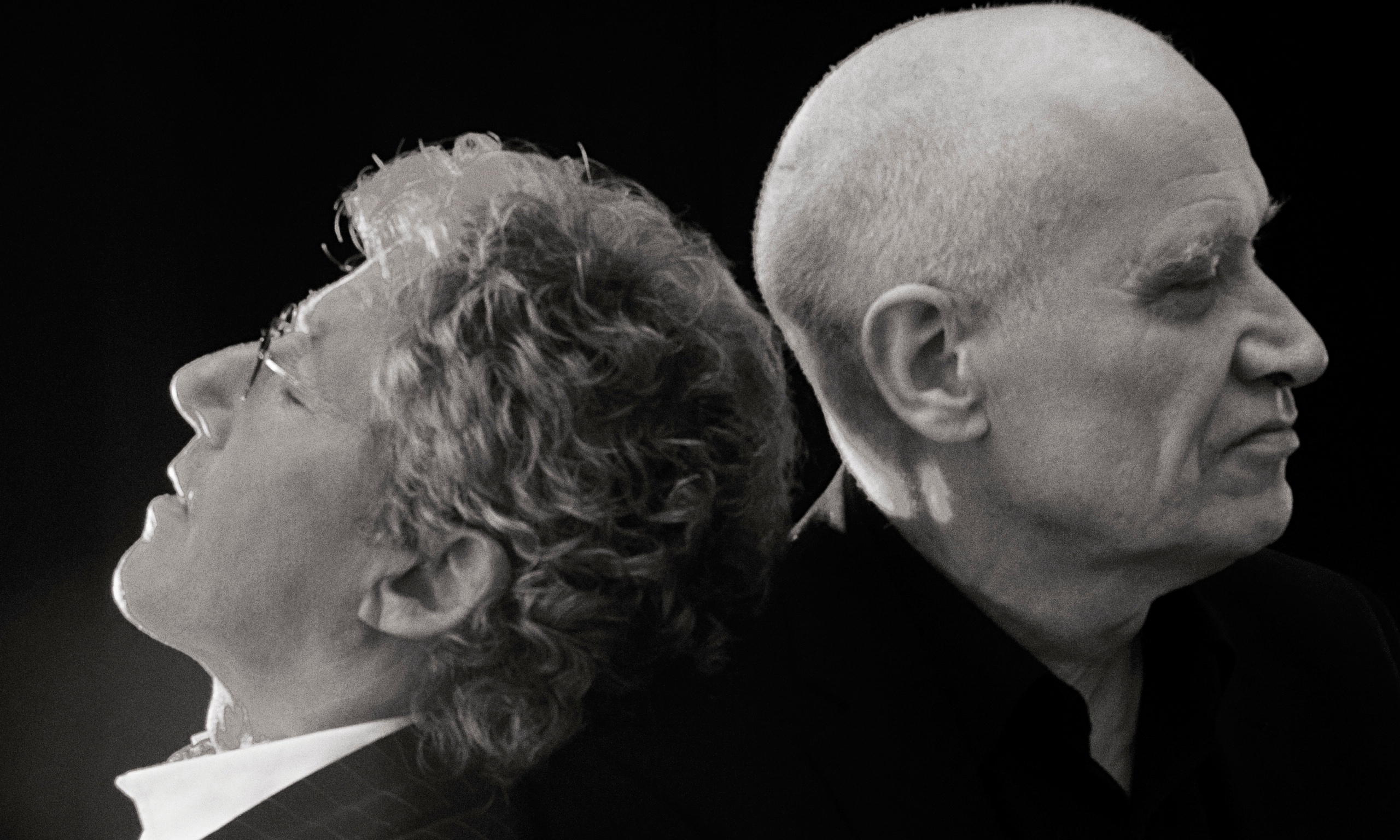

Johnson and Daltrey do a fine job in covering Dylan’s “Can You Please Crawl Out Your Window,” the singer’s hearty vocals miles away from the Scribe’s nasal drawl, but curiously effective as they impart a deep emotion to the lyrics. Daltrey’s vocals are fierce and Johnson’s riffing is wiry and hypnotic, making for a livewire three minutes of music. By contrast, “Ice On the Motorway” is a lively romp with funky rhythms, engaging guitar licks, and an overall Southern soul vibe. Call it Chicago-styled blues with a British flavor, the arrangement dominated by piano and harmonica. Harp player Steve Weston knocks out riffs in the spirit of Little Walter while Johnson’s percussive fretwork establishes a rhythmic bottom end. Going Back Home kicks off with the title track, Daltrey’s growled, primal vocals reminiscent of the great Howlin’ Wolf as Mick Talbot’s tinkling piano keys add a distinctive honky-tonk vibe. Somebody convinced Universal Music to reactive the Chess Records imprint to release Going Back Home, and it was a good decision, as the album displays all the heart and soul of the 1950s and ‘60s era Chess records that influenced Daltrey and Johnson as young men.ĭaltrey’s once-golden voice is nowhere near what it was during the Who’s mid-‘70s peak, but it’s perfectly suited to a bluesy reinterpretation of Johnson’s songs. Feelgood, the material re-imagined in a raw, intimate, rockin’ British R&B style. After the Who wrapped up its 2013 tour, Johnson got Daltrey into the studio for a week in November to record Going Back Home, using Johnson’s touring band for back-up.Ĭomprised of eleven songs, including a raucous cover of Bob Dylan’s “Can You Please Crawl Out Your Window,” Going Back Home features songs written or co-written by Johnson, drawn from across his solo career and his years with Dr. He and Roger Daltrey of the Who had talked as early as 2010 about working together, about recording an album of the sort of old-school British R&B – like Johnny Kidd & the Pirates – that they both loved as teens. With a death sentence hanging over his head, Johnson knew that his date with the Reaper was coming, and he wanted to leave one last album for his long-time fans. Wilko Johnson & Roger Daltrey’s Going Back Home Feelgood, Brinsley Schwarz (with Nick Lowe), and Ducks Deluxe paved the way for more successful artists like Elvis Costello, Graham Parker, and Joe Strummer and the Clash. It was typically performed in pubs rather than large concert venues, and bands like Dr. It was raw, it was rootsy, and it was highly influential on the late ‘70s punk and new wave scenes that would follow. For those not in the know, pub-rock was a uniquely British institution that took its inspiration from 1950s-era proto-rock and rhythm and blues and 1960s bands like the Rolling Stones and the Yardbirds.

Feelgood, lending his talents and unique finger-picked guitar style to the band’s first four albums, from 1975’s Down By the Jetty to 1977’s Sneakin Suspicion, after which he left the band to launch a solo career that is now in its fifth decade. Johnson made his bones as the guitarist of British pub-rock legends Dr. After a “farewell tour” which stretched throughout much of 2013, Johnson and his road-tested live band continue to light up stages across the United Kingdom. At six months past his expiry, he continues to rock every bit as hard as he has during his entire career. Diagnosed with terminal pancreatic cancer in January 2013, Johnson was given, best case scenario, ten months to live. Wilko Johnson is dying…it’s a sad but true, and an inconvenience that has seemingly done little to slow down the legendry and influential British guitarist.


 0 kommentar(er)
0 kommentar(er)
